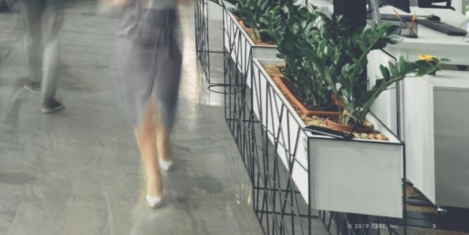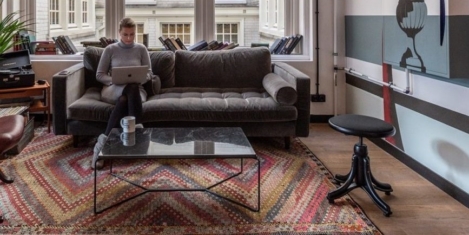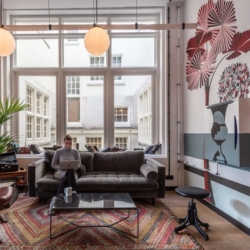To provide the best experiences, we use technologies like cookies to store and/or access device information. Consenting to these technologies will allow us to process data such as browsing behaviour or unique IDs on this site. Not consenting or withdrawing consent, may adversely affect certain features and functions.
The technical storage or access is strictly necessary for the legitimate purpose of enabling the use of a specific service explicitly requested by the subscriber or user, or for the sole purpose of carrying out the transmission of a communication over an electronic communications network.
The technical storage or access is necessary for the legitimate purpose of storing preferences that are not requested by the subscriber or user.
The technical storage or access that is used exclusively for statistical purposes.
The technical storage or access that is used exclusively for anonymous statistical purposes. Without a subpoena, voluntary compliance on the part of your Internet Service Provider, or additional records from a third party, information stored or retrieved for this purpose alone cannot usually be used to identify you.
The technical storage or access is required to create user profiles to send advertising, or to track the user on a website or across several websites for similar marketing purposes.
 An updated report from Aon claims that 26 percent of European HR directors believe that half of their workforces will comprise of so-called gig workers in five years time, while 18 percent of UK respondents say that 75 percent or more of their workforce will be made up of contractors over the same period. (more…)
An updated report from Aon claims that 26 percent of European HR directors believe that half of their workforces will comprise of so-called gig workers in five years time, while 18 percent of UK respondents say that 75 percent or more of their workforce will be made up of contractors over the same period. (more…)




































